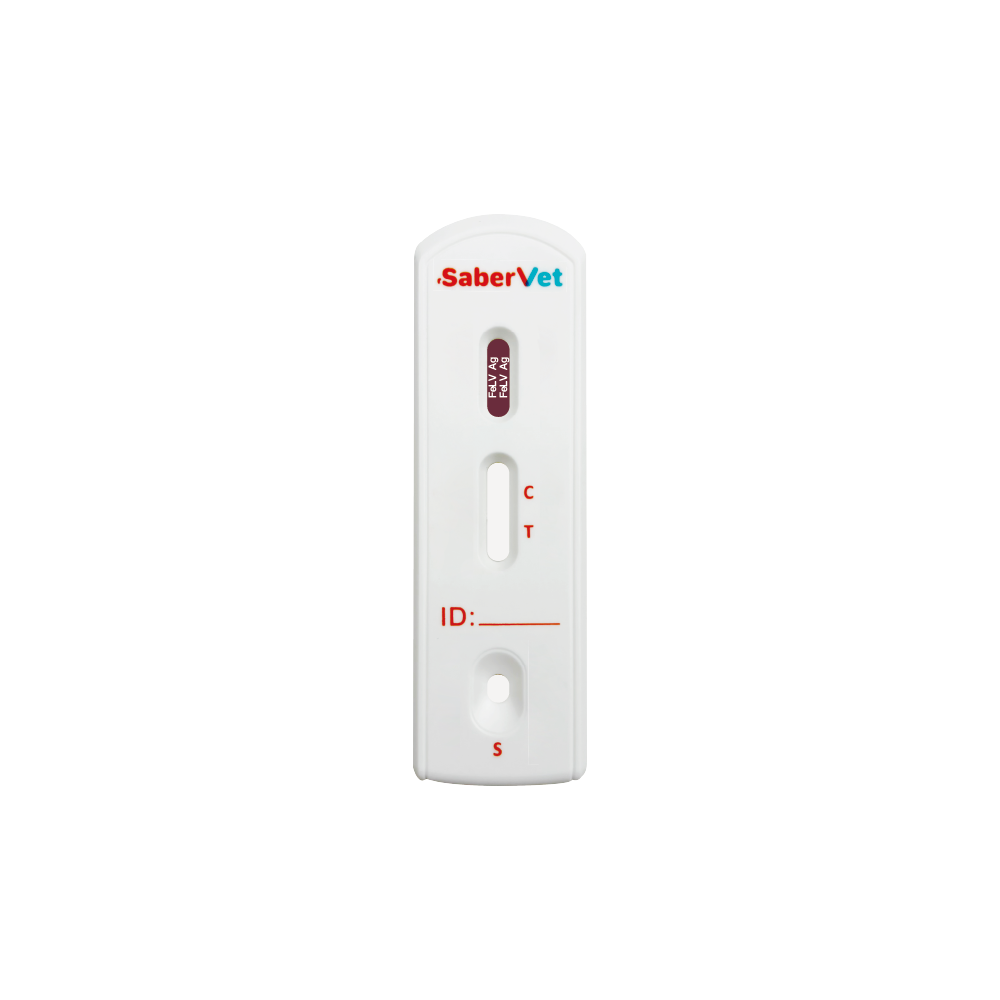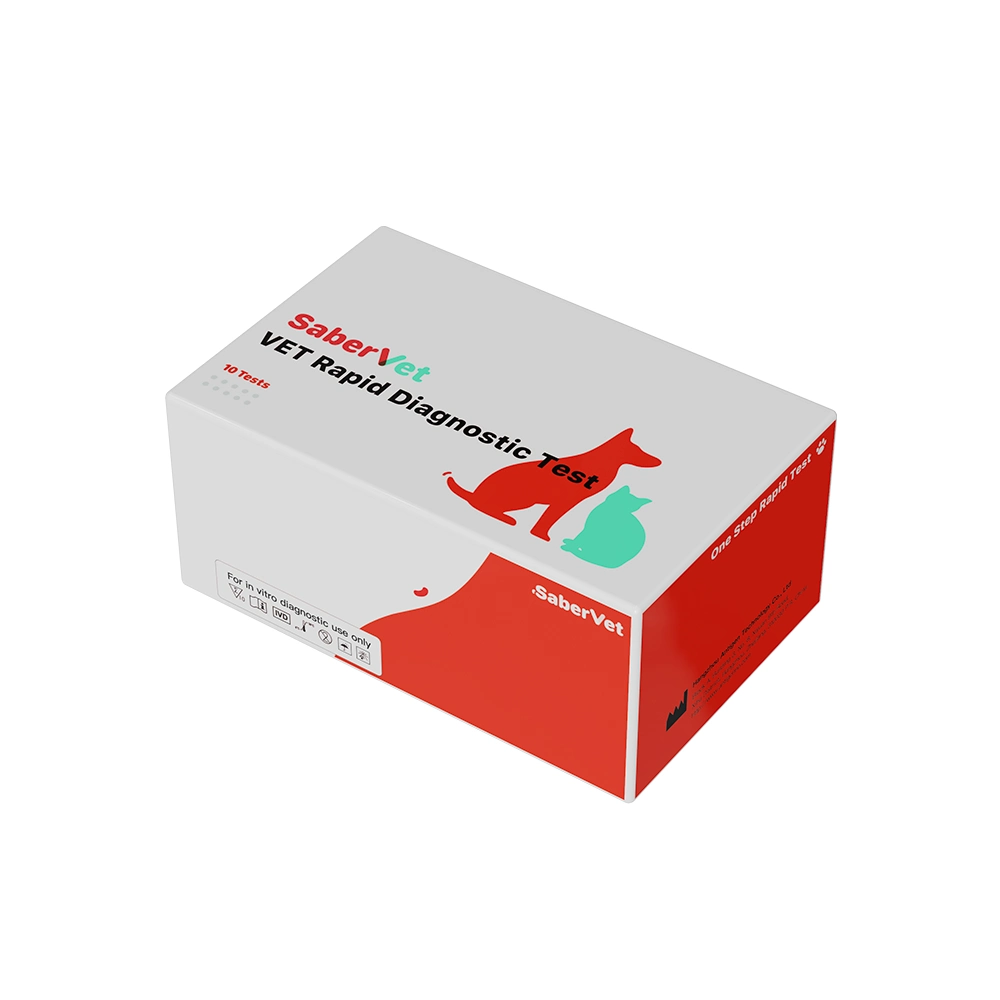Feline Leukemia Virus (FeLV) is a virus that affects felines, especially domestic cats. The following is an overview of the symptoms, testing and diagnosis, and treatment and prevention of feline transmissible abdominal antigen:
1. Symptoms
Immune System Suppression: FeLV causes a cat’s immune system to become compromised, making it susceptible to other infections. This may manifest itself in recurrent infections such as respiratory infections, oral infections, etc.
Anaemia: Some cats infected with FeLV may show signs of anaemia, such as lethargy and loss of appetite.
Malignant tumours: FeLV infection may also lead to malignant tumours in cats, such as lymphoma.
Behavioural changes: some cats infected with FeLV may show behavioural changes, such as changes in appetite and reduced activity.
2. Felv test for cats
Serological felv tests: serological testing is one of the main methods of diagnosing FeLV. This usually involves taking a blood sample from the affected cat and then using special reagents or tests to detect the presence of FeLV antibodies.
PCR testing: PCR testing is a more sensitive and specific method that can detect FeLV DNA/RNA directly, rather than just detecting antibodies.
Immunological felv test: Immunological testing is a newer test that can quickly detect whether a cat is infected with FeLV in less than 10 minutes.
3. Treatment and prevention
Vaccination: Prevention is one of the most important measures. Feline transmissible antigen vaccines can help prevent cats from contracting FeLV. vaccination is usually started when cats are young and may need to be given periodically to maintain immunity.
Control of transmission: FeLV is mainly transmitted through saliva, blood, breast milk and other body fluids. Therefore, reducing direct contact between cats, avoiding contact with feral or infected cats, as well as regular check-ups and isolation of newly introduced cats are effective ways to control transmission.
Regular check-ups: Bringing cats to the veterinarian for regular check-ups and timely detection and management of FeLV infections can improve the cure rate and reduce the risk of transmission between cats.
Feline transmissible abdominal antigen is a serious disease, but with timely preventive measures and regular check-ups, its impact on the cat population can be effectively managed and minimised.
Together, we can make a difference. Contact Antigenne now and let’s unlock the future of animal health.













